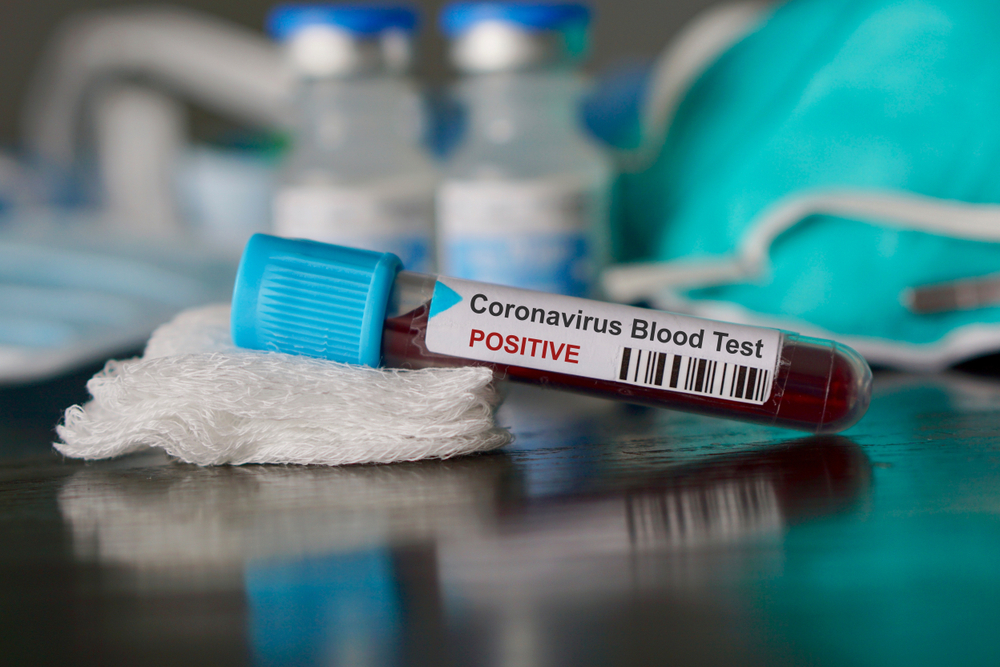
In an effort to push forward research that could yield a novel coronavirus (COVID-19) vaccine, the Tulane Primate Research Center (TNPRC) announced plans to develop a nonhuman primate model focused on the disease’s clinical progression, transmission, and effects on aging populations.
The COVID-19 research program will move in steps: first, by creating a nonhuman primate model for study, answering many of the unknowns remaining about the disease, and later, driving the development of a vaccine and treatment testing. The research center is now one of the first research facilities in the United States with approval from the Centers for Disease Control and Prevention to receive samples of COVID-19, owing to its place as the only National Primate Research Center with a regional biocontainment lab capable of safely studying such infectious diseases.
“It’s important for us to remain nimble in our research so that we are able to respond quickly to outbreaks like this that need immediate understanding,” said Dr. Jay Rappaport, TNPRC Director and principal investigator for the COVID-19 research project. “Being here, with these unique resources and expertise, is exciting because we have a real opportunity and privilege to assist with the immediate public health response.”
Researchers are still not certain where the novel coronavirus came from, but most agree it likely evolved from animal hosts initially. COVID-19 has currently struck 27 countries, infected more than 75,000, and killed more than 2,100 people, according to the World Health Organization. The United States now has 15 confirmed cases, though risk remains low to the general public.
TNPRC’s preliminary efforts to understand the virus will benefit from a grant given by the Brown Foundation. Collaborators on the project will include a broad range of disciplines, including aerobiology, virology, immunology, pulmonology, and veterinary medicine. At the same time, other Tulane researchers will work to develop a rapid test for COVID-19 using advanced diagnostics created by Dr. Tony Hu, Weatherhead Presidential Chair in Biotechnology Innovation. Hu’s project will use highly sensitive blood or saliva tests to hunt biomarkers of the disease.
“The goal of this technology is to aim for earliest disease detection, to provide better predictors of disease progression, rapid differentiation of coronavirus species, and real-time monitoring of how patients respond to treatments so we can improve outcomes,” Hu said. “This is especially urgent now since there have been reports that COVID-19 is spreading prior to people knowing that they are sick.”
Other efforts include decoding the genome of COVID-19 to determine its origins and creating mathematical models to track its spread, as well as determine the efficacy of efforts to halt it.




